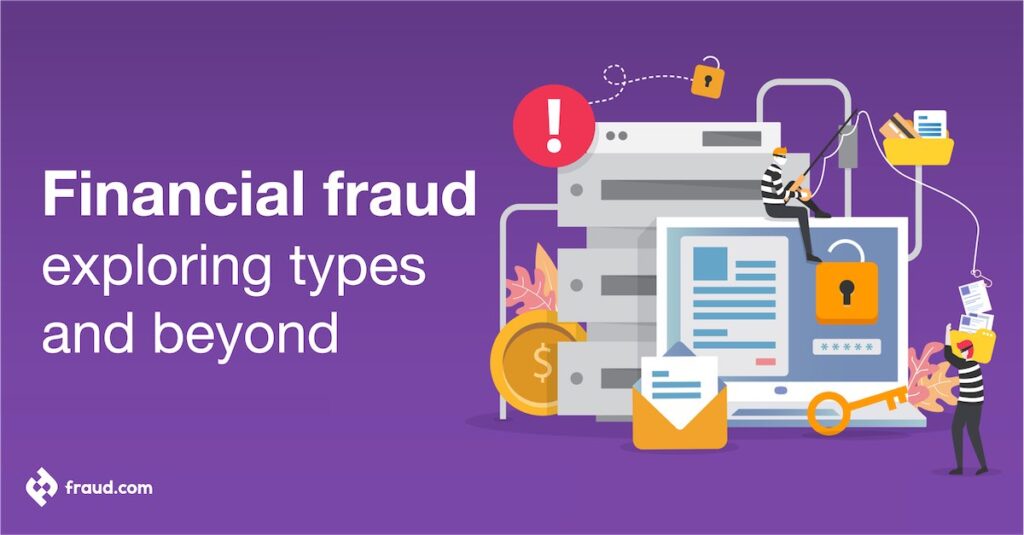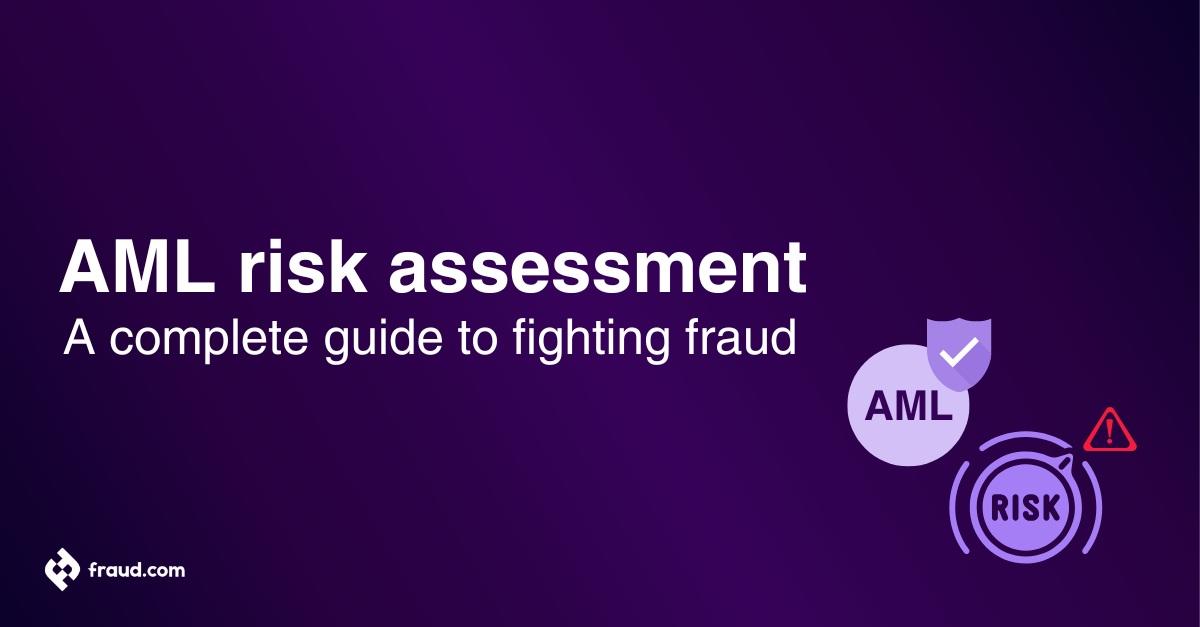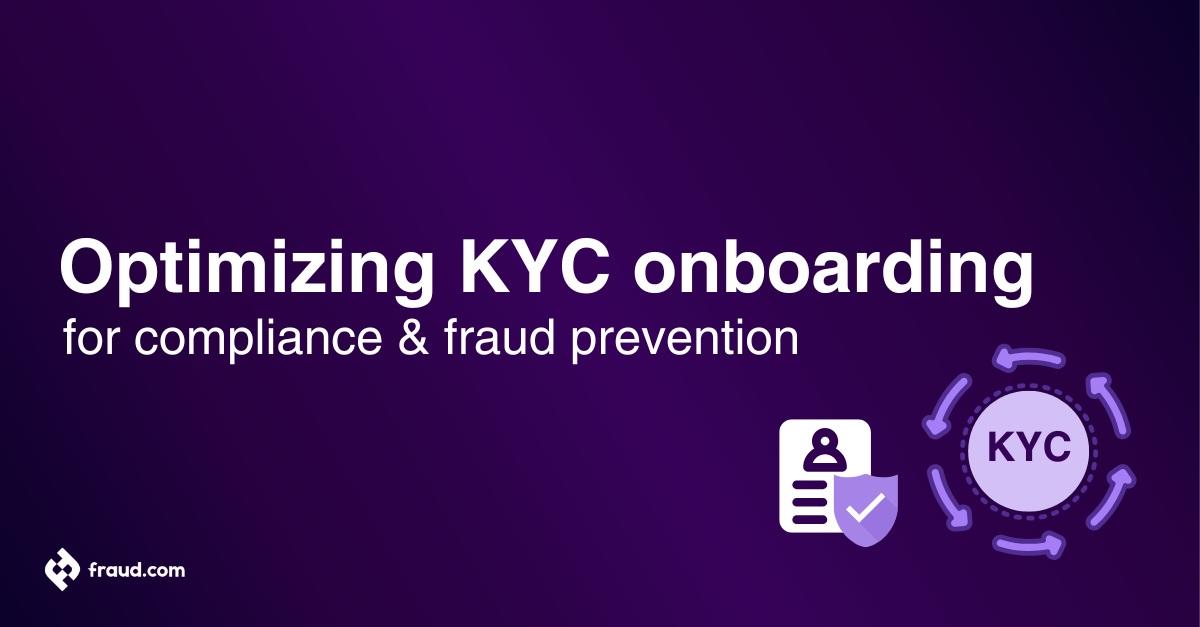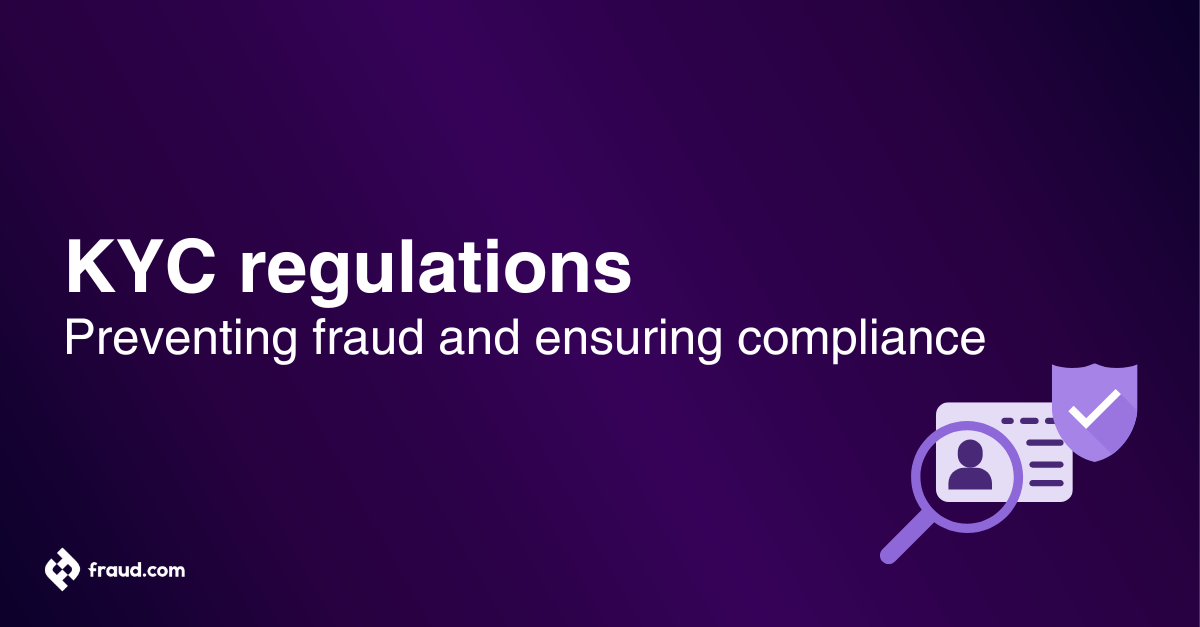Financial fraud continues to be a prevalent problem in our modern world, with its negative impact felt across all aspects of life, for organisations and individuals alike. As technology advances, so do the techniques employed by fraudsters who constantly seek new ways to exploit vulnerabilities and deceive innocent individuals and businesses. Financial fraud involves a broad spectrum of illicit activities that entail the deception of individuals or organisations for financial gain.
This article aims to explore various types of financial fraud, delve into their underlying causes, and potential consequences, and discuss the importance of implementing effective fraud prevention strategies to safeguard your organisation’s financial assets and reputation. By understanding the different facets of financial fraud, we can develop more effective strategies to combat it and prevent its detrimental effects.
Table of Contents
ToggleWhat is financial fraud?
Financial fraud is a widespread problem that affects organisations of all sizes and industries. It involves tricking individuals or organisations for monetary gain, typically by hiding or falsifying crucial information. Financial fraud comes in many forms, from basic identity theft to complicated corporate schemes created to deceive investors and regulators.
Financial fraud has severe consequences. It can result in significant financial losses and be classified as consumer fraud. It can also damage reputations and incur regulatory penalties. To protect their financial interests and maintain their stakeholders’ trust, organisations must continuously invest in comprehensive fraud detection and prevention solutions.
In this article, we will examine various types of financial fraud and provide strategies for minimising the risks associated with each.
How to avoid financial fraud
Financial institutions are always at risk of being targeted by fraud schemes. To avoid becoming a victim, it’s essential to educate employees on the common types of financial fraud and implement strategies to protect personal information. Regularly monitoring transactions and user behaviour can help detect any suspicious activity.
Additionally, establishing strong internal controls and conducting regular audits can further minimise the risk of fraud. Establishing an anti-fraud culture which includes fraud analysis and fraud analytics techniques can also have an effective impact on the avoidance of financial fraud.
How to prevent financial fraud
Preventing financial fraud requires a proactive and all-inclusive approach from both individuals and organisations. Educating employees about the warning signs of fraud schemes, such as phishing scams and identity theft, is crucial. Implementing security measures, like using strong identity proofing, and robust authentication such as biometric authentication can help protect consumer information. Organisations should also stay informed about emerging fraud trends and ensure compliance with anti-fraud regulations, such as applicable KYC standards.
How to investigate financial fraud
Investigating financial fraud requires a coordinated effort between organisations, and departments within. Starting by gathering evidence related to the suspected fraud, such as financial transactions, credit reports, customer behaviour and other relevant data. This information can be used to identify patterns of fraudulent or criminal activity and trace the source of the fraud.
Collaborate with relevant agencies to report the incident and seek assistance in apprehending the fraudsters. Conducting a thorough risk assessment can help identify any areas of weakness within the organisation’s fraud detection and prevention systems, allowing for improvements to be made.
A key aspect of successful fraud investigations is fraud orchestration. Fraud orchestration involves utilising technology to connect and integrate different fraud detection and prevention systems to facilitate data sharing and analysis. Additionally, fraud orchestration can assist in prioritising investigations based on fraud score, risk and urgency, reducing investigation time and costs. With the ability to quickly and effectively investigate fraud, organisations can mitigate financial losses, reduce reputational damage, and deter future fraudsters.
Overall, fraud orchestration can significantly enhance the efficiency and effectiveness of fraud investigations, providing investigators with the tools needed to identify and combat fraudulent activities swiftly and thoroughly.
How to detect financial fraud
Detecting financial fraud involves the use of advanced technology and fraud analytics to identify unusual patterns of activity that may indicate fraudulent transactions. Organisations should invest in robust fraud detection systems that analyse large amounts of data to identify potential threats. These systems can detect anomalies, such as sudden spikes in transaction volume or deviations from typical customer behaviour, which may indicate an issue.
Additionally, organisations should maintain a close relationship with their customers, encouraging them to report any suspicious activity on their accounts. Automated fraud detection can also have an effective impact on organisations that want to optimise their time and accuracy when detecting financial fraud, with the support of artificial intelligence to detect financial fraud and machine learning in fraud prevention.
Types of financial fraud
Financial fraud can be broadly classified into several categories, each of which requires a specific approach to detection and prevention. Some common types of financial fraud include:
Identity theft
This occurs when a person steals another individual’s personal information, such as their name or credit card details, to commit fraud in their name. The stolen data in identity theft can be used to create fake accounts, make unauthorised transactions, or even obtain loans and credits without the victim’s knowledge.
Credit card fraud
This is the illegal use of someone else’s credit card or related information to make purchases or take out money without their knowledge is known as credit card fraud. Credit card fraud can occur through various means, such as phishing attacks, card skimming, and data breaches.
Investment fraud
Fraudsters often target unsuspecting investors with promises of high returns on investments through schemes like Ponzi schemes, pyramid schemes, pump-and-dump schemes, and advance fee fraud.
Corporate fraud
This type of fraud is performed by individuals or groups within a company who engage in unethical practices, such as embezzlement, insider trading, falsification of financial statements, and bribery.
Mortgage fraud
This occurs when someone deliberately provides false or misleading information on a mortgage application to secure a loan they wouldn’t otherwise qualify for. Examples of mortgage fraud include income fraud, appraisal fraud, and occupancy fraud.
Bank fraud
Banks fraud involves the use of illegal or fraudulent means to obtain money or assets from a financial institution, such as by forging checks or obtaining loans with false information.
Insurance fraud
This involves submitting false insurance claims or exaggerating damages to receive payouts. Insurance fraud is a serious crime that can result in significant financial losses for insurance companies and higher premiums for policyholders.
Money laundering
This involves the use of illegal or illicit funds to create the appearance of legitimate profits or investments. Money laundering is often associated with organised crime and can involve complex schemes to hide the true origin of funds.
Embezzlement
This involves the theft of funds or assets by an individual entrusted with their care, such as an employee of a company or a public official. Embezzlement is a serious crime that can result in significant financial harm to the victim organisation or individual.
Counterfeit checks
This involves creating fake checks to withdraw money from someone else’s account. Counterfeit checks are a common form of financial fraud that can result in significant financial losses for individuals and businesses.
Tax evasion
This involves intentionally underreporting income or overstating expenses to avoid paying taxes. Tax evasion is a serious offence that can result in both civil and criminal penalties, including fines and imprisonment
Wire fraud
This involves using electronic communications to deceive individuals or organisations for financial gains, such as through email scams or fake invoices. Wire fraud is a common tactic used by fraudsters, who can operate from anywhere in the world and often target vulnerable individuals or organisations.
Underlying causes of financial fraud
To effectively combat financial fraud, it’s essential to understand its underlying causes. Some of these causes include:
Technological advancements: The rapid development of technology has provided fraudsters with new tools and techniques to exploit vulnerabilities and deceive people. For instance, the rise of cryptocurrencies has given birth to a new wave of financial fraud, as scammers take advantage of the anonymity and decentralised nature of these digital currencies.
Globalisation: The interconnectedness of the global economy has made it easier for fraudsters to operate across borders, making it more challenging for law enforcement agencies to track and apprehend them.
Lack of awareness: Many individuals and businesses are unaware of the risks associated with financial fraud, making them easy targets for fraudsters. A lack of knowledge about the latest fraud tactics and prevention measures can also contribute to the problem.
Greed and opportunism: Some individuals are driven to commit financial fraud due to greed and the desire for quick financial gains. They take advantage of opportunities that present themselves, exploiting others’ trust and vulnerabilities for their benefit.
Inefficient fraud detection and prevention capabilities: Financial fraud often stems from inadequate fraud detection and prevention capabilities within organisations. The underlying causes include outdated systems, lack of employee training, and insufficient security controls. As fraudsters utilise increasingly sophisticated techniques, organisations must invest in innovative solutions and continuous learning to effectively combat the ever-evolving landscape of financial fraud.
Fighting financial fraud with fraud.com
Financial fraud is a complex issue that requires a multifaceted approach to effectively combat. By understanding the different types of financial fraud, their underlying causes, and the role of anti-fraud organisations, we can develop more effective strategies to protect ourselves and our businesses from these malicious activities. Education, awareness, constant vigilance and a robust fraud detection and prevention eco-system, are key to staying ahead of fraudsters and safeguarding our financial well-being.
At fraud.com, we understand the ever-evolving landscape of financial fraud and its devastating impact on organisations. Our comprehensive suite of fraud detection and prevention solutions is designed to help businesses safeguard their assets, protect their customers, and maintain their reputation in the face of increasingly sophisticated threats.
fraud.com is a comprehensive fraud detection and prevention solution provider, committed to helping organisations safeguard their assets, customers, and reputation against the evolving landscape of financial fraud. By utilising strong identity proofing and authentication with Udentify advanced fraud data analytics, machine learning, behavioural profiling with aiReflex and multi-channel monitoring with fcase, fraud.com offers a robust and adaptive approach to tackling financial fraud.









